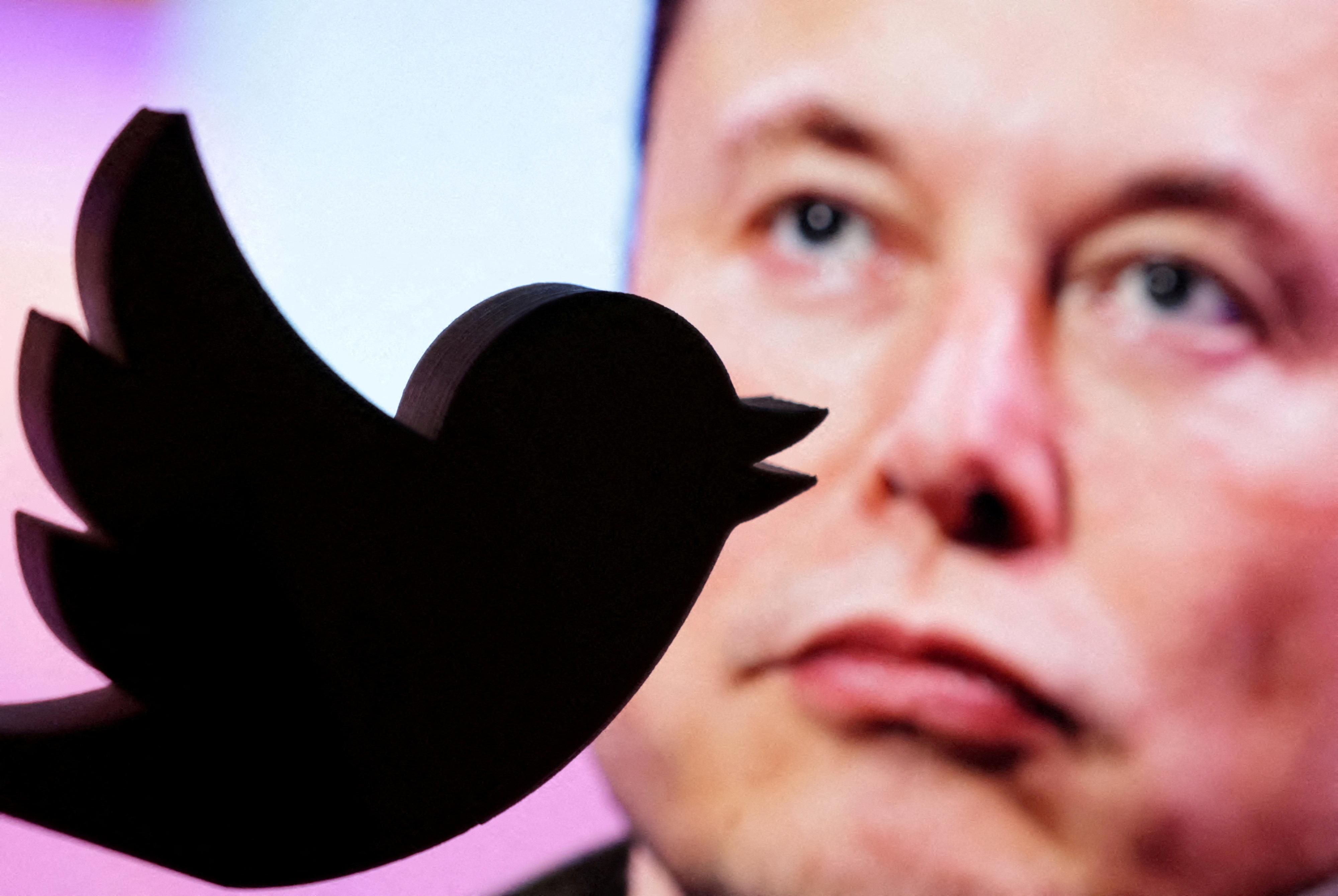57.5: Is Elon Musk done with running Twitter? The gazillionaire's tenure as CEO of the social media platform might be short-lived after 57.5% of users who voted in a poll were in favor of him stepping down. Musk promised the result would be binding, but he's walked back on his word before.
18,200: More than 18,200 Iranians have been arrested since mass protests against the regime began in September. Among the rising ranks of detainees is now Taraneh Alidoosti, a famous actress who starred in the Oscar-winning film "The Salesman" and posted on Instagram about the first execution of a protester.
6: Moldova suspended the broadcast licenses of six TV channels for misinformation and inaccurate coverage of Russia's war in Ukraine. Some of them are owned by Ilan Shor, a fugitive Moldovan oligarch who heads a pro-Russia party and recently organized mass protests against the pro-West government of President Maia Sandu.
2: Pakistan’s former PM Imran Khan announced that his party would dissolve two provincial assemblies on Friday, his latest ploy to force the government to call an early election. Since Punjab and Khyber-Pakhtunkhwa account for some two-thirds of the population and must hold a vote within three months, Khan believes all Pakistanis might as well go to the polls too.
8.8: That's the percentage of Tunisian voters who
cast a ballot in Saturday's legislative election. Such a dismal turnout — the lowest in the country's history — is bad news for authoritarian President Kais Saied, who already failed to win a popular mandate to
rewrite the constitution and will now likely face protests demanding his resignation.
